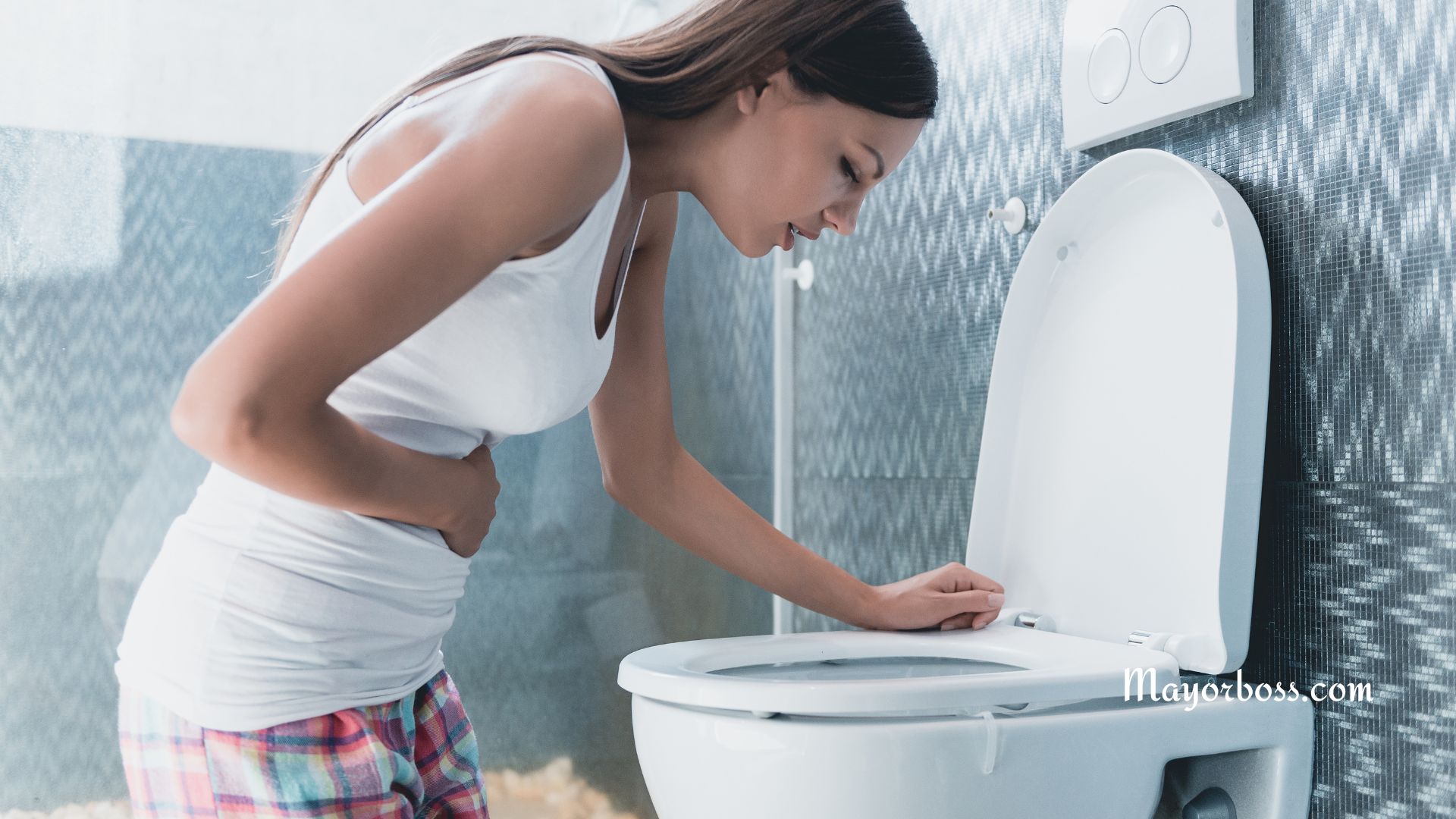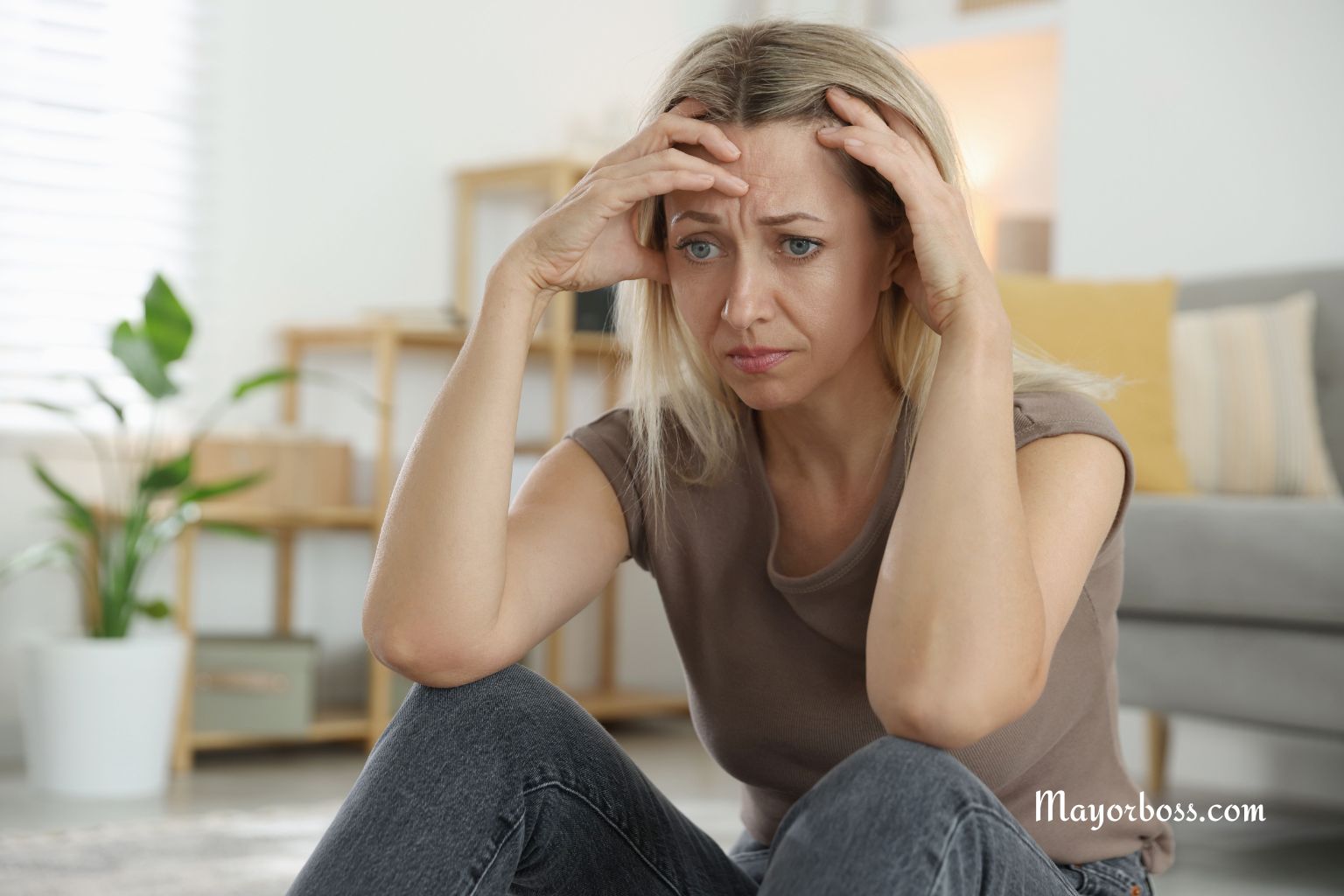7 Symptoms of Endometriosis
Endometriosis is a gynecologic condition in which tissue similar to the lining of the uterus, called endometrium, grows outside the uterus. This abnormal growth can occur in various areas, such as the ovaries, fallopian tubes, and the lining of the pelvic cavity.
Although endometriosis affects women of reproductive age, it can also occur in younger or older women. The Office on Women’s Health says that over 11% of US women aged 15 to 44 might have endometriosis. It’s mostly seen in women who are in their 30s and 40s.
But what exactly causes endometriosis? The exact cause of endometriosis remains unknown, but hormonal factors, genetics, and immune system dysfunction may play a role in its development.
Symptoms of Endometriosis
1. Painful Periods (Dysmenorrhea)
One of the most common symptoms of endometriosis is painful periods, also known as dysmenorrhea. Women with endometriosis often experience severe cramping that may begin before the start of their period and continue throughout the menstrual cycle. This pain can be so intense that it interferes with daily activities, work, and social life.
Over-the-counter pain relievers may provide some relief, but medical intervention is often necessary to manage the pain effectively. The American Congress of Obstetricians and Gynecologists provides detailed information about dysmenorrhea and its relationship with endometriosis.
2. Heavy menstrual periods
Another symptom of endometriosis is heavy menstrual bleeding. Women with endometriosis may have periods that are heavier than usual or last longer than expected. This can lead to anemia or other health complications.
3. Painful Intercourse
Another symptom commonly reported by women with endometriosis is painful intercourse or dyspareunia. This discomfort can range from mild to severe and may be felt during or after sexual activity. The pain is often described as deep and may be located in the pelvic region or lower back. It is essential to communicate openly with your partner about your experience and seek medical help if the pain becomes unbearable.
4. Pelvic Pain and Lower Back Pain
Pelvic pain and lower back pain are also common symptoms of endometriosis. These discomforts can occur throughout the menstrual cycle, not just during periods. The pain may vary in intensity and duration, sometimes presenting as a chronic ache or sharp, stabbing sensations.
It is crucial to consult with an OB-GYN if you experience persistent or worsening pelvic or lower back pain. This is because it may indicate the presence of endometriosis or other medical conditions.
5. Bowel and Bladder Symptoms
Endometriosis can affect not only the reproductive organs but also the bowel and bladder. Women with endometriosis may experience gastrointestinal symptoms, such as diarrhea, constipation, bloating, or nausea, particularly during their periods. Additionally, they may have urinary symptoms like painful urination, frequent urination, or even blood in the urine.
6. Fatigue and Emotional Symptoms
Endometriosis can also lead to chronic fatigue and emotional symptoms such as anxiety, depression, or mood swings. These symptoms may be a direct result of the physical pain and discomfort experienced. In some cases, these symptoms may be related to hormonal changes associated with endometriosis. Emotional symptoms can have a significant impact on a woman’s quality of life and should not be overlooked.
7. Infertility
Interestingly, endometriosis is a typical cause of infertility. The abnormal growth of endometrial tissue may interfere with the normal functioning of the reproductive system, making it difficult for women to become pregnant. According to the Reproductive Facts, approximately 30-50% of women with endometriosis may experience infertility.
Also read: 7 Home Remedies for Endometriosis
The Bottom Line
Endometriosis is a prevalent condition that affects millions of women worldwide, with symptoms ranging from painful periods and intercourse to pelvic pain, bowel and bladder issues, and emotional challenges. Early recognition and intervention are crucial in managing these symptoms and improving the quality of life for those affected.
If you or someone you know is experiencing any of the symptoms mentioned above, consult a healthcare professional for proper diagnosis and treatment. By staying informed and seeking appropriate care, women with endometriosis can effectively manage their condition and lead fulfilling lives.






